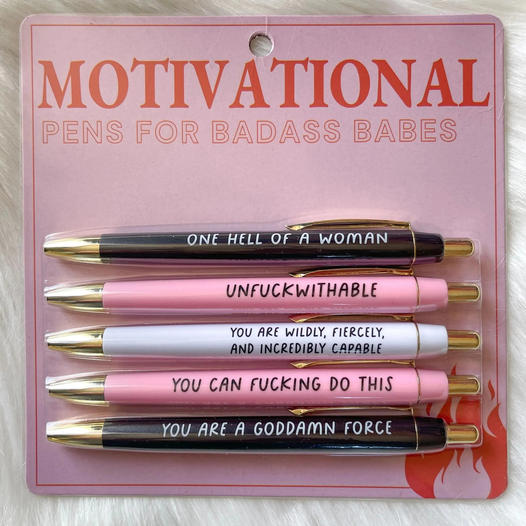Let’s talk about religion.
And there goes about half of you. Pity too, as it’s probably the half that most ought to give this one a read. If I haven’t lost you, then this next sentence might just send you fleeing as well.
I have a great amount of respect for religion.
I hear you out there, reader of Beginnings, and it’s true, I stated at the very start: “I will tell you the truth as best as I can discern it” (I love it when I get to quote myself, it’s base intellectual masturbation, but the best I can do is shamefully admit it). And now, if you’ve been paying attention, you think I’ve gone and broken that promise already. Just to prove that I haven’t, I’m going to say it again.
I have a great amount of respect for religion.
I also have a great amount of respect for poison ivy, dogs I don’t know, and people who have been beautiful their entire lives. They won’t automatically bite you but each is well advised to treat cautiously. I’m going for the spirit of respect, the kind Aretha spells out.
I see that I’m going to have to make my case, so here we go:
For a very very long period of human history, the only learned people were religious men. It almost seems a conspiracy that the women in history, especially ancient history, didn’t get as much good press. Usually these learned men would devote themselves to just one book. Sometimes a series, if you look at some religions other than Christianity. I can make the case that the New Testament is really a sequel, and the book of Mormon an attempt at franchise but that’s not my aim here. Any cursory reading of history reveals that if it were not for religion, mankind would be the lesser for it.
Let me give you a concrete example. I’ll even use the bible to illustrate.
In the middle ages, the learned men of the day used a technique called the four levels of meaning. They applied this technique as a tool for greater understanding of their favorite book, the bible. Don’t let the designations intimidate you, in fact, you can dispense with them altogether, it’s what they represent which is important, and I’m going to give examples for each. Not only that, let’s use the same example for all four levels of meaning. In this case, the Exodus (That’s the story of Moses leading his people to the promised land, for all of you who didn’t go to Sunday school).
The first level of the four levels of meaning is the easy one, literal. For our monk in the middle ages pouring over his bible, this represents the historical event which is being described – Moses telling Pharaoh he’s fucked, the subsequent flight into the desert, and ultimately the deliverance to the promised land.
The second of the four levels of meaning is allegorical. This represents any figure in the bible that foreshadows or anticipates a figure in the New Testament. In this case, Moses is an allegorical representation of Christ, in that his story mirrors Jesus’ (Savior of his people and usher to the promised land, gave his life in the process, etc).
The third of the four levels of meaning is tropological, this is the moral meaning being conveyed. For our studious monk, this is the account of Moses’ personal salvation.
The last of the four levels of meaning is anagogical. Applied to the bible, this represents the spiritual truth of the story. Here is where we will leave our dutiful monk, deep in the throes of religious ecstasy, contemplating the spiritual truth of death as a doorway to eternal life.
So why would I, an avowed secular humanist, see anything to respect in the way a monk from the middle ages filtered his understanding of a book that I, to put it charitably, don’t view with the same level of devotion he does?
Just because I don’t like what you build with a hammer, doesn’t mean I throw away the hammer.
Let’s go through them again, this time, leaving the bible out and putting ‘literature’ in.
Literal: The story.
Allegorical: A universal human truth.
Tropological: Same, the moral meaning.
Anagogical: Take out the words spiritual truth and replace with mystical vision. Or mix and match, if that makes more sense to you.
It’s important to remember that our shared history is comprised of not just events which may or may not have happened but those events were witnessed, lived, and recorded by people who may or may not have been there. People who fell along the same spectrum of ability and emotional range as we do. People with the same sorts of agendas that we share. We don’t enjoy a higher moral or intellectual level in spite of them but because of them.
And that’s why I have a great respect for religion. There are times when they were the only keepers of the flame. Even when they’re wrong the best of religion still seeks truth. You have to respect that.
That also means we MUST give credit where credit is due. For this, I am indebted to Dante Alighieri who is the original thinker behind the example of Moses and the four levels of meaning.
Literature nerds can find the original in Dante’s Epistle X (Letter to Can Grande). Additional thanks also to Edward Quinn and his always useful dictionary of literary and thematic terms.
Now don’t get me started about the Library of Alexandria.

